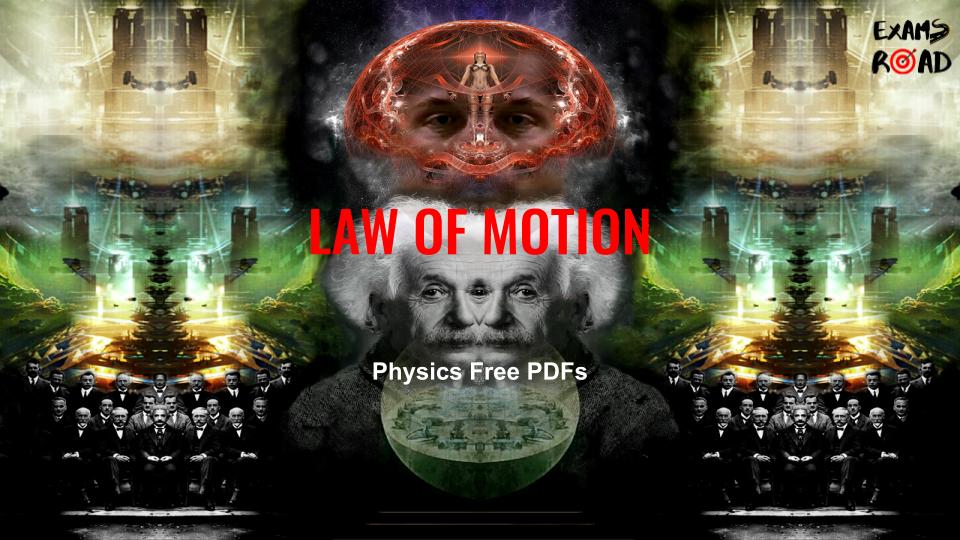Physics Quiz on Viscosity
Quiz on Viscosity: Previous trends reveal that NEET aspirants find Physics as the most challenging section amongst the other sections. But most of them fail to decipher the reason behind this. This particularly can be as the candidates taking up this examination are predominantly medical aspirants with their subject of interest being Biology. Also, sections like Physics are more on theories, laws, numerical as opposed to Biology which is more of fact-based, life sciences and comprising of substantial explanations. In this post we are providing you Physics Quiz on Viscosity for NEET/JEE.
Quiz on Viscosity
Q1. Which of these fluids has the highest viscosity? a) Honey
a) Honey
b) Water
c) Blood
d) Air
Q2. What happens to the viscosity of liquid with the increase in temperature ? b) It decreases
a) It may increase or decrease
b) It decreases
c) It increases
d) No change
Q3. Which of these ratios gives the value of viscosity of fluid? c) The ratio of the shearing stress to the velocity gradient
a) Ratio of the shearing stress to the weight of the fluid
b) Ratio of the shearing stress to the density of the fluid
c) The ratio of the shearing stress to the velocity gradient
d) Ratio of the shearing stress to the weight of the fluid
Q4. Which is the following is the correct definition of solubility? c) The ability of a solute to dissolve into a solvent
a) The ability of a solid particle to disperse throughout a liquid continuous phase
b) The rate at which a solute dissolves into a solvent
c) The ability of a solute to dissolve into a solvent
d) The rate at which the immiscible liquid droplets disperse within a second in the liquid phase
Q5. Which of the following represents viscosity? b) Resistance to fluid motion
a) Potential energy stored in fluid
b) Resistance to fluid motion
c) Roughness of the surface
d) The pressure difference between the two fluids
Q6. Which among the following statement is the definition of a pseudo plastic liquid? c) As the rate of shear increases, it becomes less viscous
a) A liquid which becomes more viscous as the rate of shear increases
b) When constant shear stress is applied the liquid becomes more viscous over time
c) As the rate of shear increases, it becomes less viscous
d) It is a liquid that becomes less viscous over time when constant shear stress is applied
Q7. The relative motion between the adjacent layers of a fluid in motion is called viscous force. Which of the flowing suits the best in the sentence? b) Opposes
a) Facilitates
b) Opposes
c) Never affects
d) Effects at some conditions
Q8. What is the SI unit of viscosity? c) Poiseiulle
a) Candela
b) Newton/m
c) Poiseiulle
d) No units
Q9. Which of the following represents Kinematic viscosity? b) Viscosity/density
a) Viscosity/mass
b) Viscosity/density
c) Viscosity/area
d) Viscosity/temperature
Q10. What do we call the maximum velocity of a fluid in a tube for which the flow remains streamlined? a) Critical velocity
a) Critical velocity
b) Stream velocity
c) Laminar velocity
d) Hyper velocity
Syllabus and Previous Year Papers |
|
| Chemistry Syllabus for NEET & AIIMS Exams | Click Here |
| Chemistry Syllabus for JEE Mains & Advanced | Click Here |
| Chapter Wise NEET Chemistry Syllabus | Click Here |
| Physics Syllabus for NEET & AIIMS Exams | Click Here |
| Physics Syllabus for JEE Mains & Advanced | Click Here |
| Chapter Wise NEET Physics Syllabus | Click Here |
| Biology Syllabus for NEET & AIIMS Exams | Click Here |
| Chapter Wise NEET Biology Syllabus | Click Here |
| Maths Syllabus for JEE Mains & Advanced | Click Here |
| Download NEET Previous Year Question Papers with Solution | Click Here |
|
|
|
| https://www.facebook.com/ExamsRoadOfficial | |
| Telegram | https://telegram.me/ExamsRoad |
| https://twitter.com/ExamsRoad | |
| https://www.instagram.com/ExamsRoad/ | |
| YouTube | Click Here To Subscribe Now |
Thank You.
By TEAM ExamsRoad.com


















